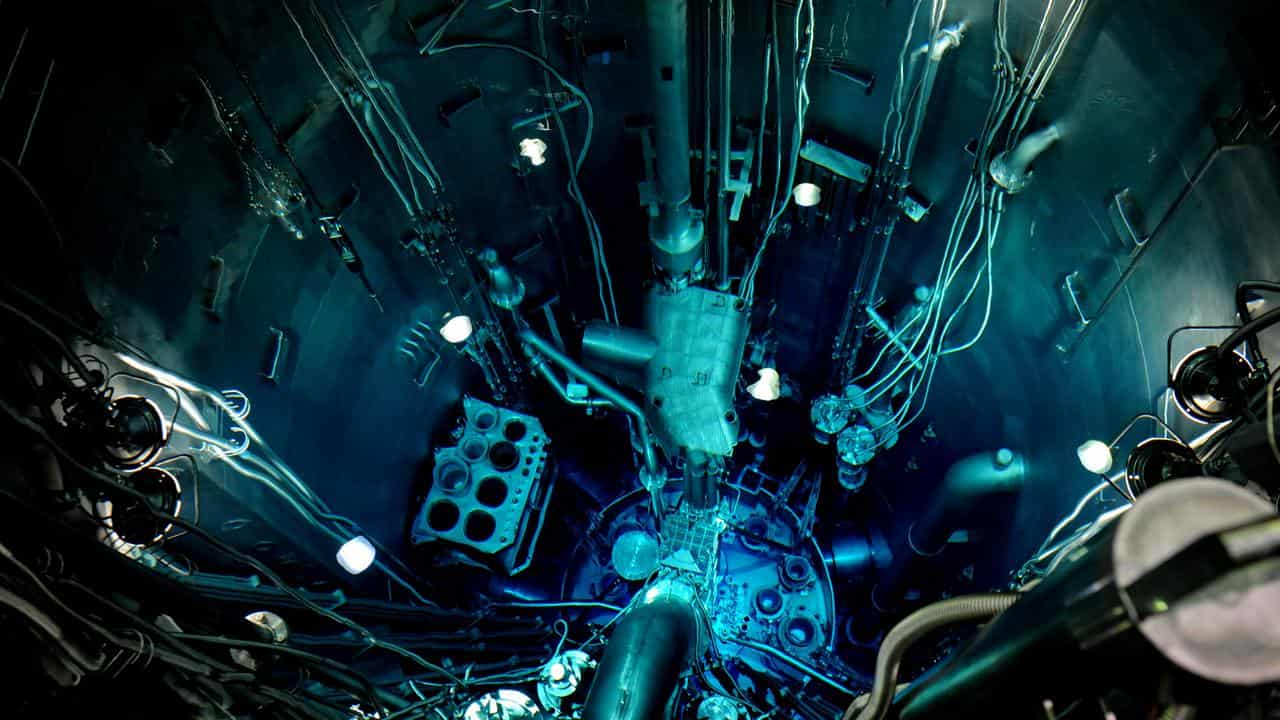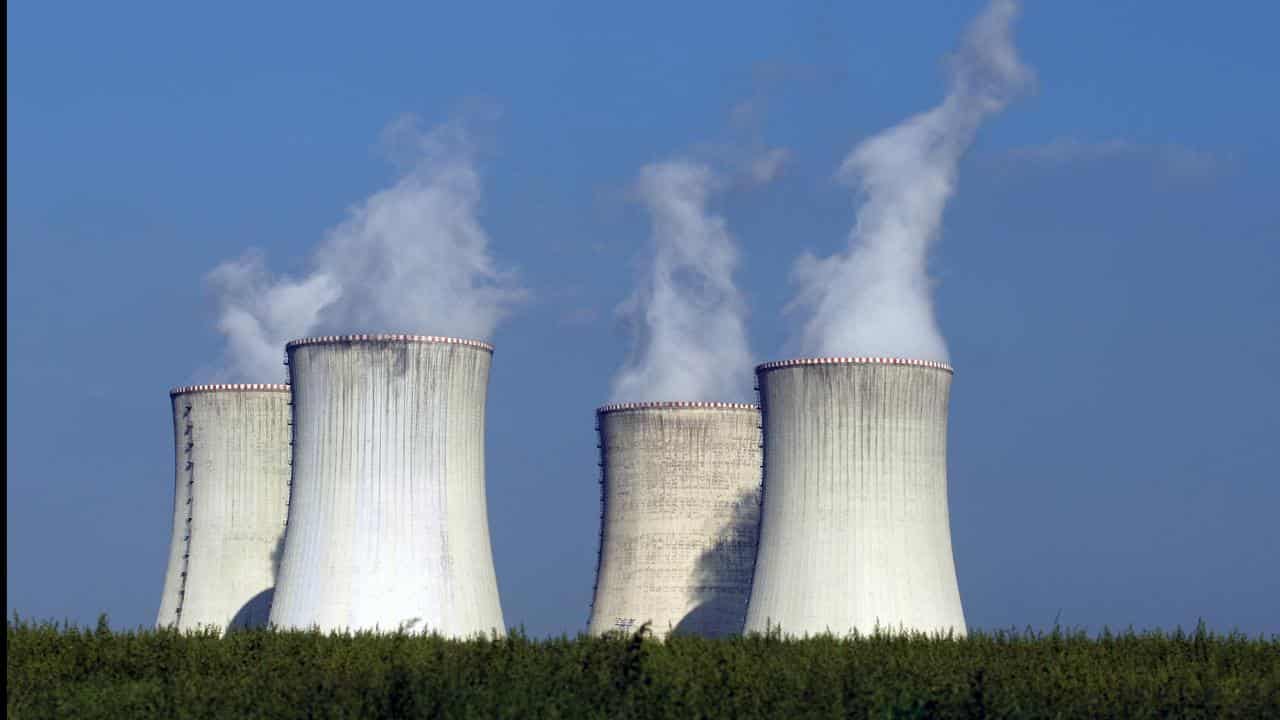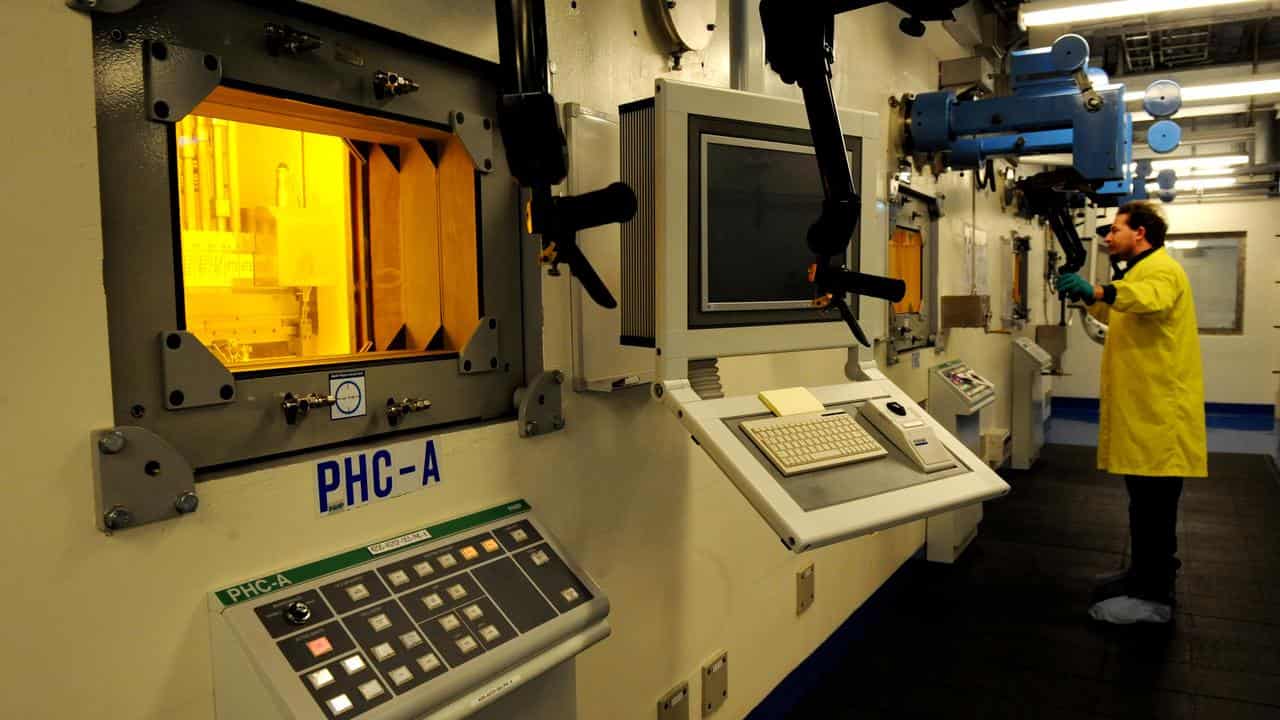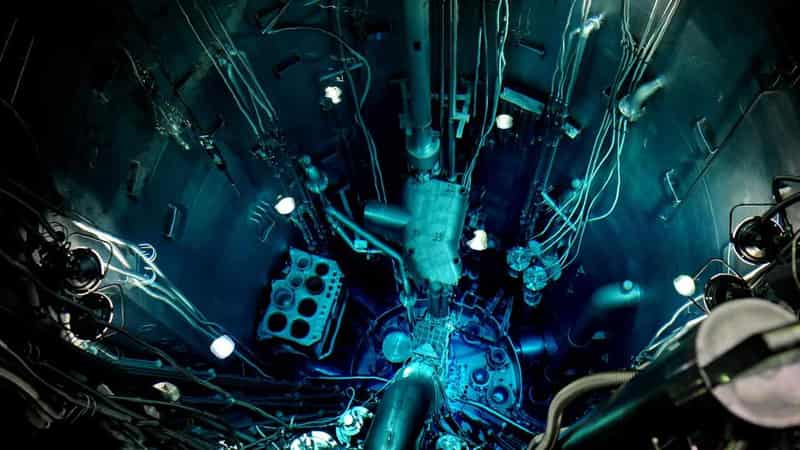
What was claimed
The reactor at Lucas Heights generates nuclear power.
Our verdict
False. The Lucas Heights reactor does not produce power and experts say it cannot be modified to do so.
AAP FACTCHECK - Australia’s only reactor produces nuclear power for electricity, according to posts on social media.
This is false. The reactor, at Lucas Heights in Sydney’s south, doesn’t produce nuclear power, and experts say it cannot be modified to do so.
It’s a research reactor which manufactures radioactive drugs used in nuclear medicine, such as to diagnose and treat cancer.
The claim appears in multiple Facebook posts linked to the ongoing political debate regarding the Coalition’s proposal to build nuclear power plants.
One post refers to Lucas Heights as a “nuclear power system”, while another states that Australia has had nuclear power generation “for decades at Lucas Heights”.
The facility is called the Open Pool Australian Lightwater (OPAL) reactor, and is operated by the Australian Nuclear Science and Technology Organisation (ANSTO).

An ANSTO representative told AAP FactCheck the claims are false, and that the reactor “does not produce energy”.
“It was not designed to be capable of producing energy, nor cannot it be modified to do so,” the representative said.
Another post claims the heat produced by the Lucas Heights reactor creates steam and that the installation of turbines could turn it into a power generating reactor.
ANSTO told AAP FactCheck that while the reactor does produce some heat, it’s not at all comparable to the heat produced by a reactor used for producing electricity.
“The operation of OPAL generates around 20 megawatts of heat … This heat is very small compared to a typical large nuclear power reactor – meaning OPAL produces around 99 per cent less heat energy than a large power reactor,” the spokesperson said.
ANSTO’s website states that “OPAL's output is only enough to warm the water within the reactor pool to about 40 degrees Celsius, as opposed to heating water hot enough to generate high-pressure steam to drive turbines.”

Associate Professor Brett Paterson, head of radiochemistry at the University of Queensland, told AAP FactCheck the reactor is designed to generate radioisotopes for medicine “as opposed to generating heat and steam to produce electricity”.
Prof Paterson explained that these radioisotopes, or radioactive isotopes, are used to emit radioactivity within the recipient at the site of disease.
He added: "This radiation can be detected outside the recipient for imaging and diagnosing disease or in some cases as a therapeutic because the radiation damages and destroys the disease cells."
AAP FactCheck has recently checked other claims regarding nuclear energy.
The Verdict
False - The claim is inaccurate.
AAP FactCheck is an accredited member of the International Fact-Checking Network. To keep up with our latest fact checks, follow us on Facebook, Twitter and Instagram.









